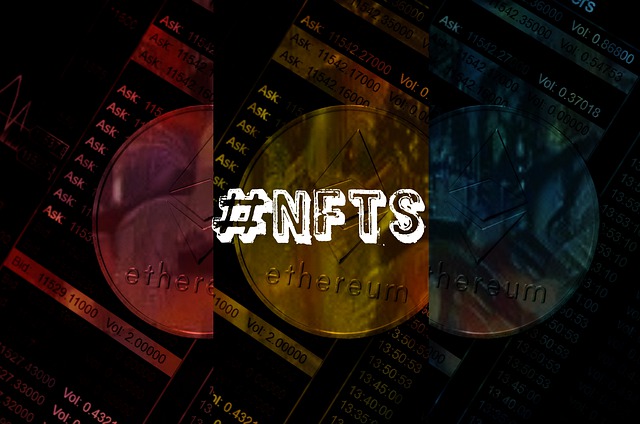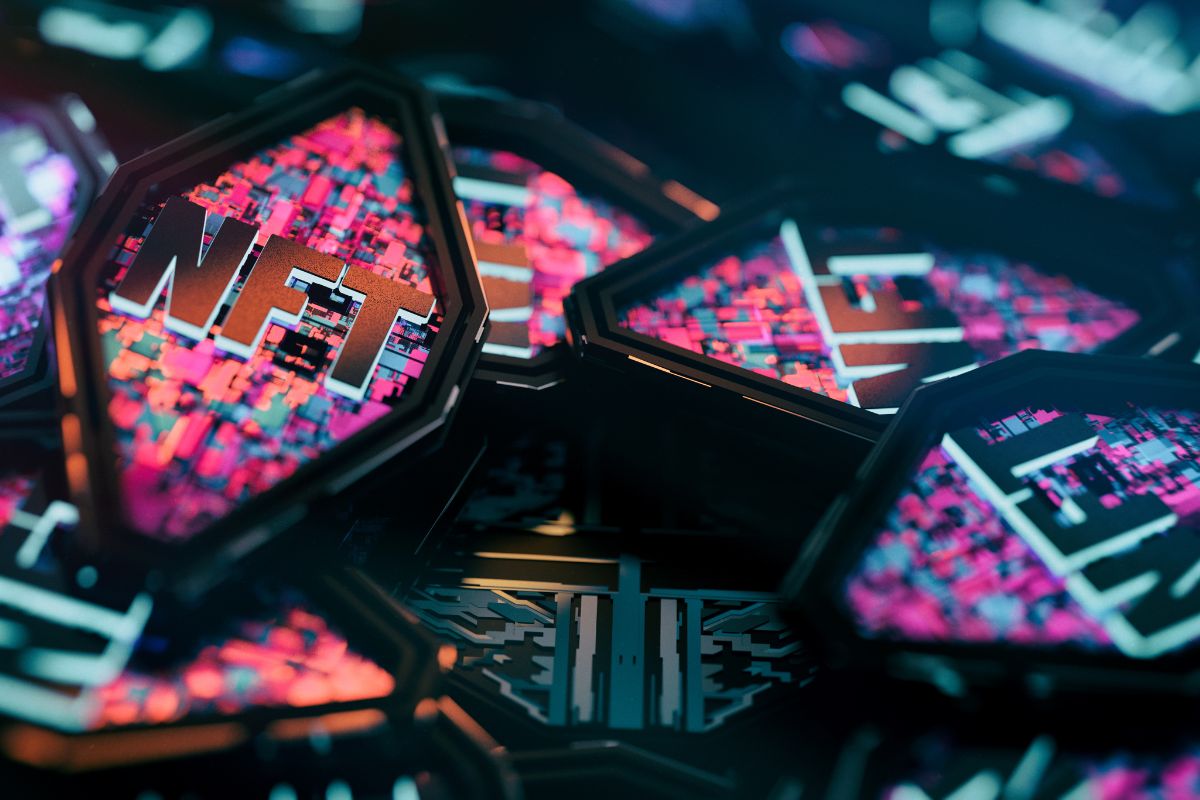
Many memes are floating on the internet on how “Copyright Laws” are the only functional law on the internet. From Youtube to Facebook, people are always careful about copyright infringement and take it seriously, after all, this is the only mechanism stopping people from copying each other’s work.
However, like most laws, there is some confusion on how copyright law works, especially when it comes to Web 3 technology. It all started when the owners of the CryptoPunks NFT project noticed that their terms and conditions do not have any clause on the “Copyright” ownership of the NFT. This technically means that even though they own the NFT, it is only licensed for personal use and the owner may not be able to use it for commercial purposes.
This came as a surprise for many NFT owners around the globe who were under the assumption that they had full rights to the NFT they were purchasing. Now it is important to understand that when you buy an NFT, you do get the rights of owning the token, however as the law dictates, you may not necessarily have the authority of using it commercially or stop others from sharing pictures of it on the internet.
NFT and copyright: Problems we have encountered
Saving or screenshot an NFT
Is it legal to screenshot or save an NFT? Does a screenshot of an NFT break copyright laws? Generally speaking, creating a screenshot of an NFT may not necessarily break copyright laws, as long as the act of creating the screenshot does not infringe upon the copyright owner’s exclusive rights. However, some NFTs may grant their users copyright privileges, while others may not, so it is hard to answer which party is right without looking over the specifics of the legal terms used.
Creating an NFT of your footage but filmed by someone else
This one is an interesting question Andy Williams, an unfortunate father found himself in a situation where his daughter was brutally murdered and the TV footage of the murder was viral on the internet. He later creates an NFT of the video in hopes to stop others from sharing it on the internet. Andy was also under the assumption that creating an NFT will give him the creative rights to take down the video on social media platforms like Facebook. But unfortunately, his claim was denied as the TV station who filmed the footage owned the copyright, and his creating an NFT changed nothing.
Legislation and copyright law
NFTs built on the blockchain network do not work the same way as copyright law. So it is highly unlikely for regulatory bodies to accept NFTs as legal documents and take action based on them. Lawmakers are historically quite stiff to accommodate new technology and it is unlikely to be changing anytime soon.
What can you do with NFTs?
So with all these legislative limitations, it is fair to ask the question, “Is NFT worth investing in?” and What can you do with NFTs? NFTs are tokens that are “tethered” to a legal right, but legal rights can be grouped into two types.
Right to possess: Similar to owning a copy of a particular creative work, the right to possess gives you the legal rights to own the NFT, and showcase it to others but it does not give you the copyright rights. Therefore, you cannot enforce copyright privileges if your NFT has only the “Right to possess” license.
Right to make copies: This license allows you to own as well as make copies of your NFT and even create variations of the original creative work. These NFTs do give you access to copyright privilege and are usually bundled into one package called a “Copy NFT” and a “Copyright NFT.”
Which NFT is right for you?
So that we know the difference between different NFTs and what your license means in terms of copyright privileges, now is a great time to ask which NFT is right for you.
The right to possess a license is more than enough for most people, especially if you do not want to change any aspect of your NFT token. Take, for example, PelXP.com, a new NFT project that allows you to own a digital version of an actual masterpiece. It is highly unlikely that anyone will want to change the NFT as its unique aspect is what drives the price of the token. You can learn more about PelXP.com in our full PelXP.com review.
“Right to make a copy” NFTs are hard to find and impractical for most general use. However, if you do need copyright privilege it may be your best bet.
You can check out our list of NFT collections trending right now to find the NFT project that best suits your needs.
Final words
It might be theoretically impossible to post a photo without the copyright owner’s explicit permission in a Web3 future where everything is on the blockchain and nothing is permitted unless it is authorized by a blockchain transaction. But that world does not exist now, and it would be incredibly terrifying if speaking publicly required permission.
Whatever your opinion on NFTs, starting them with invalid copyright licenses is bad for everyone. Moreover, although some Web3 and cryptocurrency efforts want to circumvent or completely replace the current legal system, many innovative NFT initiatives aim to function inside it. Responsible NFT developers wouldn’t release a product based on a smart-contract library with known security flaws, and they shouldn’t put clauses in their contracts that could have equally disastrous consequences.
In short, the world is still adapting to the new genre of NFTs and it will take time for both lawmakers and the general public to catch up to the technology. In the meantime, it is best not to worry too much about the convoluted law on copyright and NFTs but rather focus on the utility that NFTs provide. You can check out our list of TOP 5 NFTs with the best utility to learn more.


